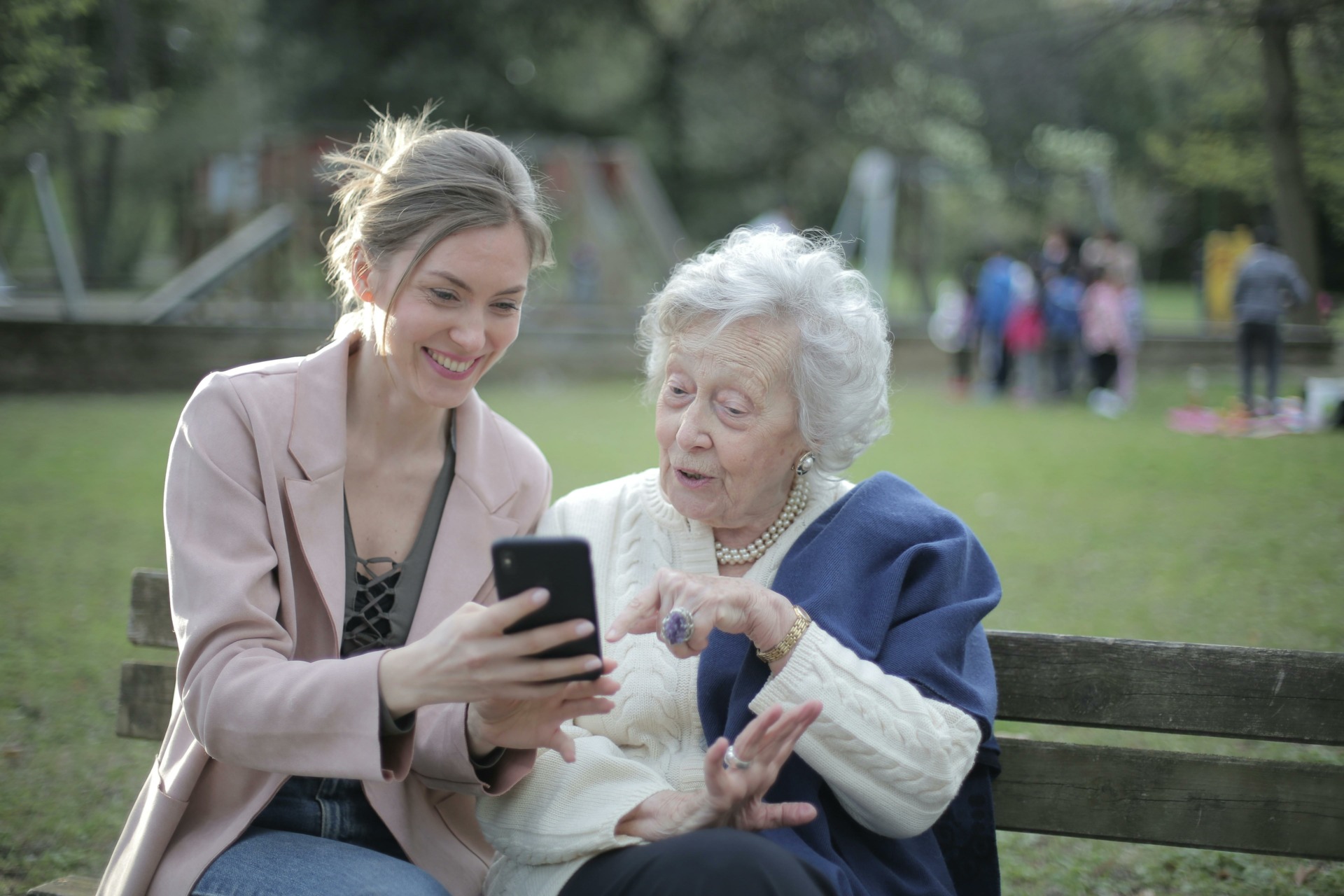The Dream of Retirement
The golden years: that bastion of life that promises retirement from the grind, financial independence, and unfettered access to all the things we enjoy. At least, that’s the dream. A dream pushed upon us by relentless advertising from the pharmaceutical, life insurance, and banking industries.
Of course, I want that dream. Who wouldn’t? But, if reality is to have it’s way – and it most often does – then the grind is likely to have its grip on me until the very end. And that dream? Well, it’s probably destined to remain as just that – a dream.
As a doctor, I meet with many seniors. I listen to them, and I watch them as they age. I see their attitudes change. I see their needs, wants, and desires change. I see their lives change – often for the worse. I hear them wish for a good nights sleep, hands that don’t shake, knees that don’t hurt, a day of comfort – things we take for granted while younger. These observations have influenced me and, as I near the so-called golden years period myself, the way I think about the effects of aging.
I keep arriving at the same place…
Getting old sucks!
If you live long enough – and most of us will these days – the adverse symptoms of aging are hard to avoid. While many people are healthy and active into their late 90s, the majority of us will face typical aging related health issues such as insomnia, chronic pain, impaired vision and motor function, reduced appetite – the list goes on and on. Many will deal with symptoms so degenerative – like Parkinson’s and Alzheimer’s – that they will lose their independence and require assisted living facilities or hospitals for the reminder of their days.
While we consider it very fortunate to have a long life, the ailments associated with aging have not been easy to treat with conventional medicine. Often, the pharmaceuticals prescribed can cause health implications of their own. Prescribing them is a bit hit-or-miss. We don’t really know how an individual will react. We can’t know. Different people react differently to the same pharmaceutical. It becomes trial and error, rinse and repeat. For many, one pill begets the next and before you know it you have a potpourri of pharmaceuticals that are organized, by the bucket, for swallowing at scheduled times through the day – every day. For patients that are agitated, uncomfortable, or in pain, the entire process can be frustrating and the results are often questionable if not disappointing.
Pills, pills, and more pills
It pains me to watch as some folk react badly to this routine. Side effects occur more often than not – often in the form of seizures, nausea or emotional disturbances such as uncontrollable crying and depression (this is especially true for some sleeping pills on the market today). When these reactions occur, more pharmaceuticals are prescribed to deal with the side effects. And, those are the side effects we know about. What about the unseen side effects? The potentially irreparable damage we may do at cellular level, or at a neurological level?
Don’t get me wrong; with the advent of many pharmaceuticals we’ve improved the overall health of society immensely. Many drug discovery and pharmaceutical innovations have been nothing short of revolutionary at turning back disease and improving people’s lives. But that’s not really what I’m talking about. I’m talking about the habitual crutch that prescribing pharmaceuticals has become – especially to the elderly.
It’s just not right
Over the years, as a doctor, observing all of this trial and error, and the general reliance on prescription pharmaceuticals for uncertain results – well, it no longer sits right with me. And it flat out saddens me when I see powerful painkillers and antipsychotics used to sedate some elderly into a manageable submission.
These are our seniors, they deserve our respect and they deserve better treatment. At the very least, they deserve an alternative.
There is an alternative
It’s been under our nose for millennia, it’s less toxic, and it’s entirely natural. It’s cannabis. Or, to those conforming to legislation, it’s medical marijuana.
As cannabis slowly emerges from a long quarantine imposed by authorities acting on misinformation, fear, uncertainty and doubt, we are beginning to learn of its medicinal and health properties. Several years of research performed by many credible institutions are all arriving at the same result. Indeed, cannabis looks like a wonder plant – nature’s gift to humanity. The list of conditions that cannabis is most effective for reads like a list of typical ailments afflicting seniors. Chronic pain (from inflammation of joints and stiff limbs), insomnia, lack of appetite, lethargy and reduced energy, anxiety, are but a few. All affect ones mood and general sense of well being of which cannabis is also said to elevate. There are even reports suggesting certain cannabinoids (found within cannabis) have been effective at arresting some cancers, restoring motor control, and eliminating seizures.
Their own worst enemy
Suffice to say, this is a population that could benefit tremendously from cannabis, yet their access is limited — if even considered.
Seniors themselves are often the first to resist using medical cannabis because of societal concerns about using a drug that the federal government deems illegal. For those that do want to use cannabis, they often don’t know where to go, or how to get it. Only rarely will their doctor support the use of cannabis (it’s more common for a doctor to steer away from the cannabis conversation). This last fact, I can attest. I was that doctor – shaped by decades of misinformation. Prevailing attitudes will change, although it may take a full generation cycle before we see results.
It starts with you
For many, cannabis is making their lives more tolerable. For others, it is extending their lives. These are not isolated cases. As Chief Medical Officer at HelloMD.com, I’m hearing such testimonials on a daily basis. Legalization aside, for widespread acceptance there is still one large obstacle to overcome – education. And for your parents, that might start with you.
If you are new to cannabis and want to learn more, take a look at our Cannabis 101 post. HelloMD can help you get your medical marijuana recommendation; it’s 100% online, private and efficient.
Photo by Andrea Piacquadio






